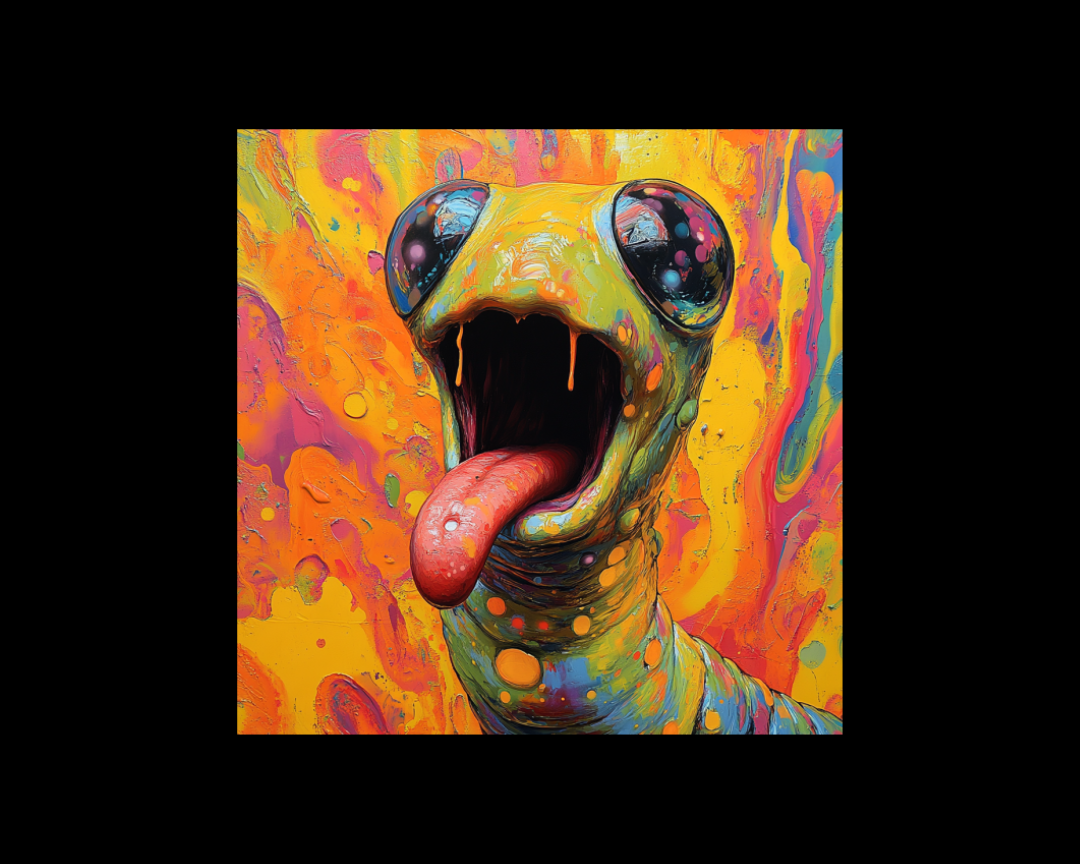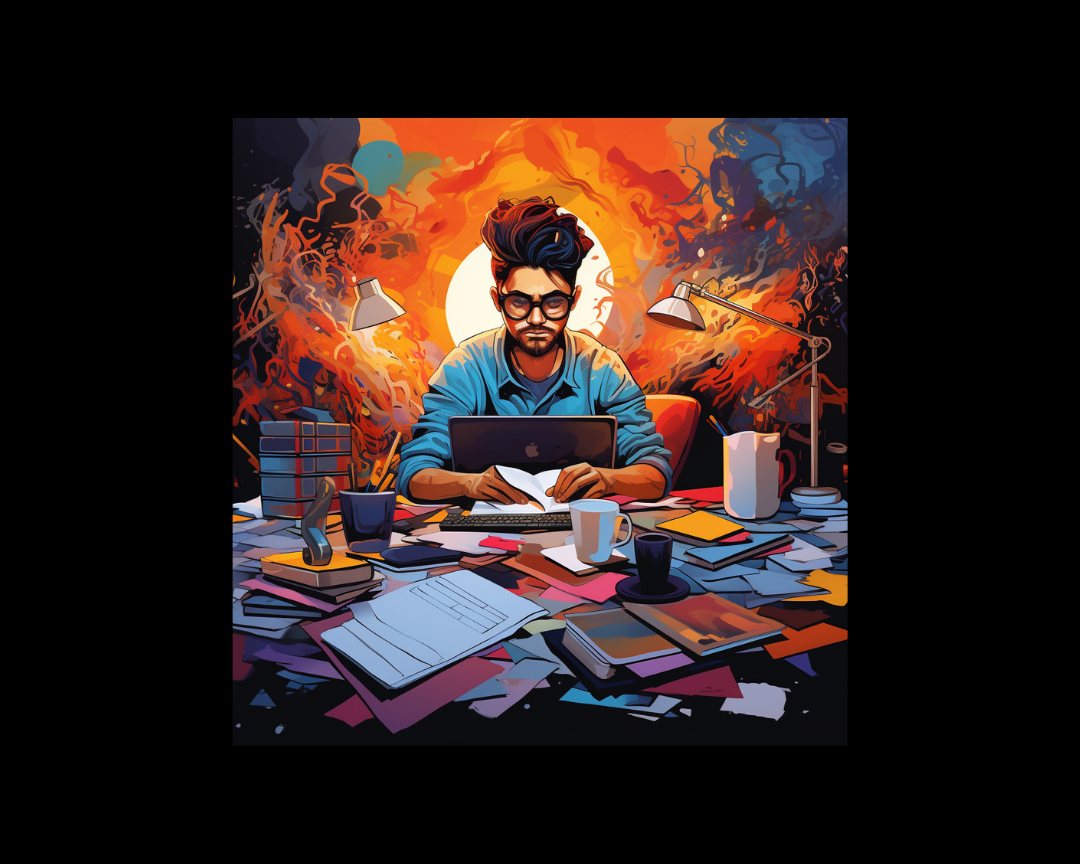14 min read
The Best Book Writing Software for Professional Writers
Finding the right book writing software is often a process of trial and error to discover which features work best for your unique writing style....

We've all witnessed it: a promising writer submits their work for feedback, receives a brutal takedown disguised as "honest criticism," then disappears from the writing community forever. The culprit isn't bad writing—it's bad critique. While writers obsess over plot holes and character arcs, they often overlook the most crucial skill for literary growth: the ability to offer meaningful, constructive commentary on others' work. The difference between critique and criticism isn't semantic—it's the difference between fostering talent and destroying it.
Recent studies in creative writing pedagogy reveal a sobering truth: approximately 70% of feedback given in writing workshops and online communities actually diminishes writer confidence rather than improving craft. Research from the National Writing Project shows that writers who receive constructive critique are 85% more likely to continue writing and 60% more likely to complete long-form projects compared to those subjected to harsh criticism.
Criticism judges; critique guides. This fundamental difference shapes every aspect of how feedback is delivered and received. Criticism focuses on what's wrong, often without context or path forward. It's the literary equivalent of pointing at a broken engine and saying "it doesn't work" without offering repair instructions.
Critique, conversely, operates from a foundation of constructive intent. It acknowledges problems while providing specific, actionable guidance for improvement. Where criticism might declare "your dialogue is unrealistic," critique explains "your characters all speak with identical voices—consider giving each a distinct speech pattern or vocabulary that reflects their background."
The etymology reveals everything: "criticism" derives from the Greek "kritikos," meaning "able to discern or judge," while "critique" comes from "kritique," emphasizing careful analysis and evaluation. One tears down; the other builds up through careful examination. Understanding this distinction isn't academic—it's practical. Writers respond differently to each approach, and the response determines whether feedback catalyzes growth or triggers retreat.
Writing exposes the deepest parts of human consciousness. When writers share their work, they're not just presenting technical craft—they're revealing their worldview, imagination, and creative soul. Neuroscience research confirms that creative criticism activates the same brain regions as physical threat, triggering fight-or-flight responses that shut down receptivity to learning.
Dr. Teresa Amabile's Harvard Business School research on creativity and motivation demonstrates that external evaluation affects creative output more dramatically than previously understood. Writers receiving harsh criticism show decreased divergent thinking—the cognitive flexibility essential for creative problem-solving. Conversely, writers receiving constructive critique maintain creative confidence while developing stronger analytical skills for self-editing.
The psychological principle of cognitive load explains why effective critique must balance honesty with encouragement. Writers processing harsh feedback allocate mental resources to emotional regulation rather than skill development. Constructive critique reduces this cognitive burden, allowing writers to focus on craft improvement rather than ego protection.
Effective critique follows a deliberate architecture. Begin with acknowledgment—identify what works before addressing what doesn't. This isn't empty flattery; it's strategic reinforcement of positive techniques the writer should continue developing.
Next, address problems through specific observation rather than general judgment. Instead of "your pacing is off," try "the three-page description of the morning routine slows momentum just when tension should be building toward the confrontation." This approach gives writers concrete elements to revise rather than vague dissatisfaction to puzzle over.
Focus on the highest-impact issues first. New writers often receive laundry lists of minor problems while major structural issues go unaddressed. A beginning novelist benefits more from guidance on character motivation than corrections of comma splices. Prioritize feedback that addresses fundamental storytelling elements: character development, plot structure, voice consistency, and thematic clarity.
Frame suggestions as possibilities rather than mandates. "Consider having Sarah react more emotionally to her father's betrayal" invites exploration while "Sarah needs to be more emotional" feels prescriptive. Writers respond better to collaborative language that respects their creative ownership.
Genre awareness transforms good critique into exceptional guidance. Romance readers expect different pacing than thriller enthusiasts; literary fiction operates by different rules than commercial genre work. Effective critics understand these distinctions and evaluate work within appropriate contexts rather than imposing personal preferences.
Consider authorial intent without abandoning reader response. If a writer attempts humor but achieves unintentional melodrama, point out the disconnect between intention and execution. However, don't assume you know what the writer intended—ask questions rather than making declarations about their goals.
The most damaging critique mistakes include overwhelming writers with minor issues while ignoring major problems, imposing personal taste as universal standards, and offering vague complaints without specific solutions. Critics who say "I didn't connect with your protagonist" without explaining why provide useless feedback. Better: "Your protagonist's motivations remain unclear—I couldn't understand why she risked everything for someone she'd just met."
Avoid the expertise trap. Beginning critics often feel unqualified to offer feedback, while experienced critics sometimes become overly technical. The most valuable critique combines fresh reader perspective with craft knowledge. You don't need an MFA to notice when dialogue sounds artificial or when a scene drags.
Remember that critique is teaching. The goal isn't to fix the current piece—it's to help writers develop skills for all future work. Explain the reasoning behind suggestions so writers understand principles they can apply independently. Instead of just identifying a plot hole, explain how foreshadowing or character motivation could prevent similar issues.
Context matters enormously. A first draft needs different feedback than a final revision. Early drafts benefit from big-picture guidance on structure and character development. Later drafts require attention to prose polish and consistency. Adjust your critique approach to match the writer's stage in the process.
Mastering critique transforms you from consumer to cultivator of literary talent. Writers who understand constructive feedback become magnets for other serious practitioners, building networks that accelerate everyone's growth. The principles are straightforward: lead with respect, focus on craft over personal preference, provide specific guidance over general judgment, and remember that your goal is helping writers improve, not demonstrating your analytical prowess.
Ready to elevate your writing community and develop professional-level editorial skills? Hire a Writer's expert team provides comprehensive critique services and editorial training for writers serious about their craft. Whether you need developmental feedback on your manuscript or want to hone your own critique abilities, our experienced editors offer the guidance that transforms good intentions into exceptional results.
Contact Hire a Writer today to discover how professional critique can accelerate your writing growth and build the literary network you need for lasting success.

14 min read
Finding the right book writing software is often a process of trial and error to discover which features work best for your unique writing style....

Writing is rewriting. Often, the difference between mediocre and masterful prose comes down to precise word choice, rhythm, and structure. Here's a...

As writers, we aspire to reach the “perfect” final draft for whichever project we have in mind. We want to produce works of art that take readers...